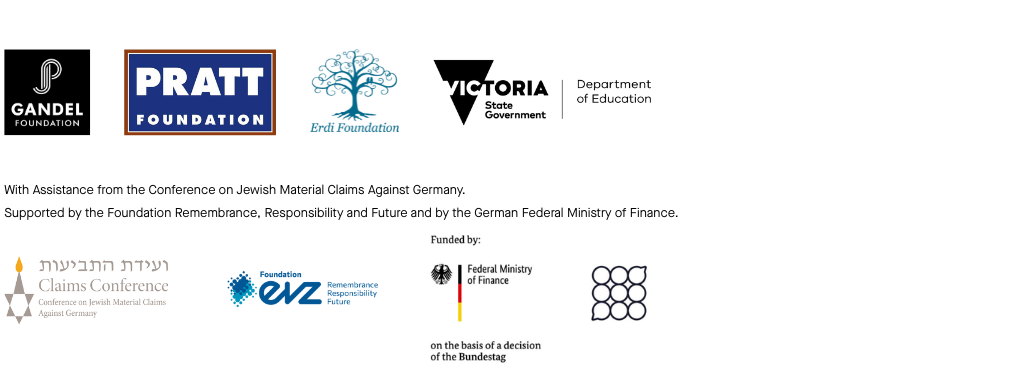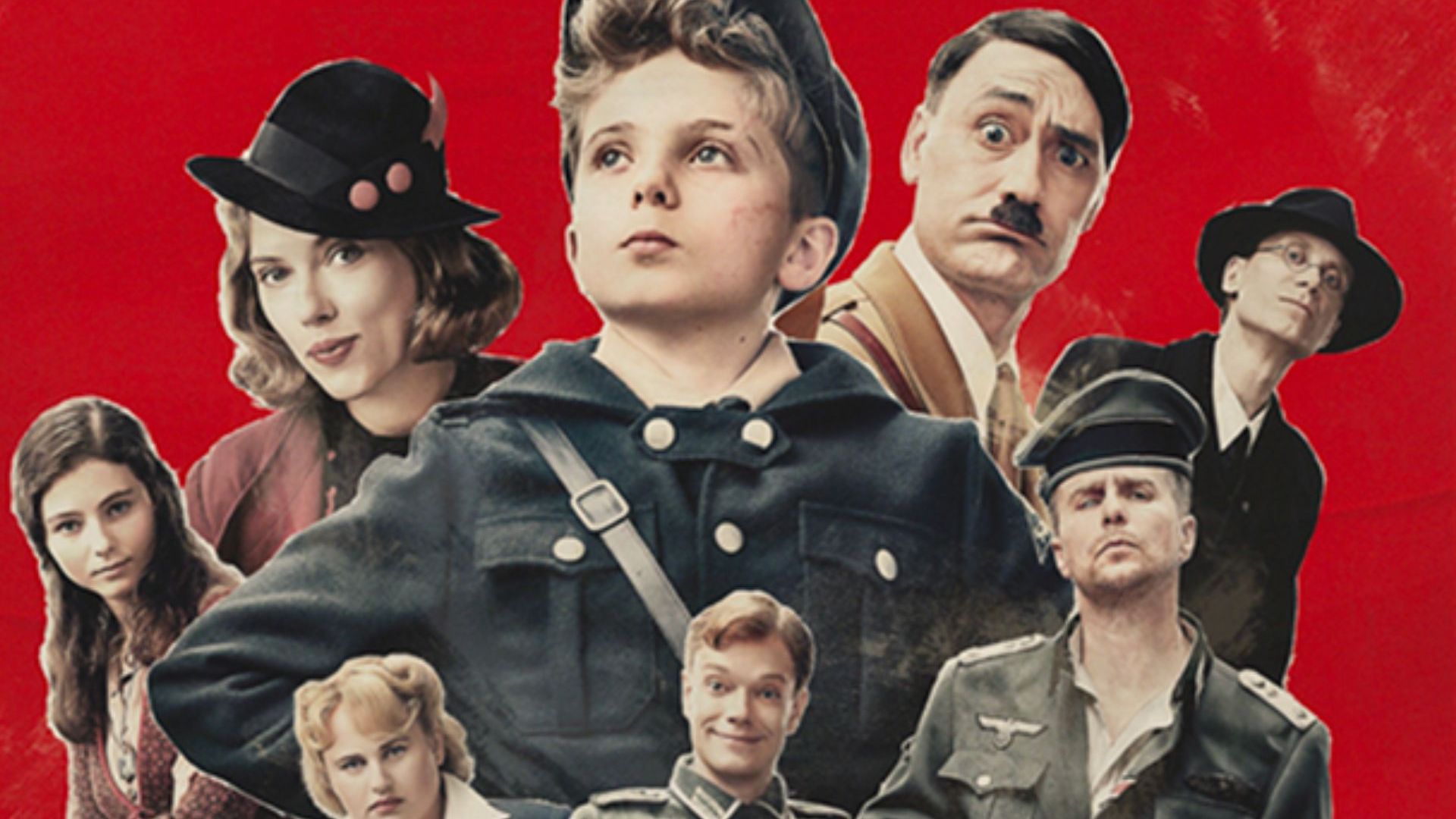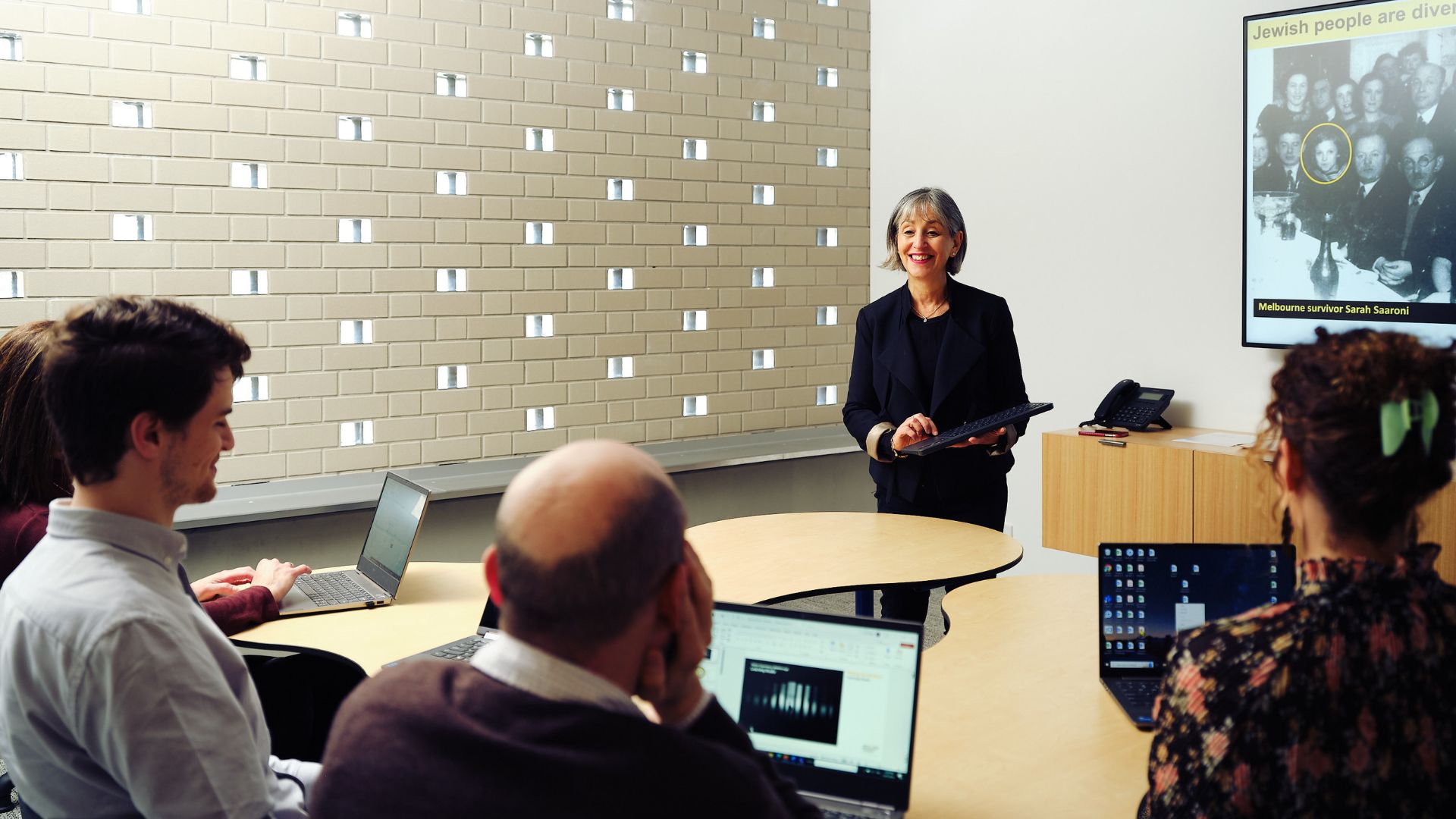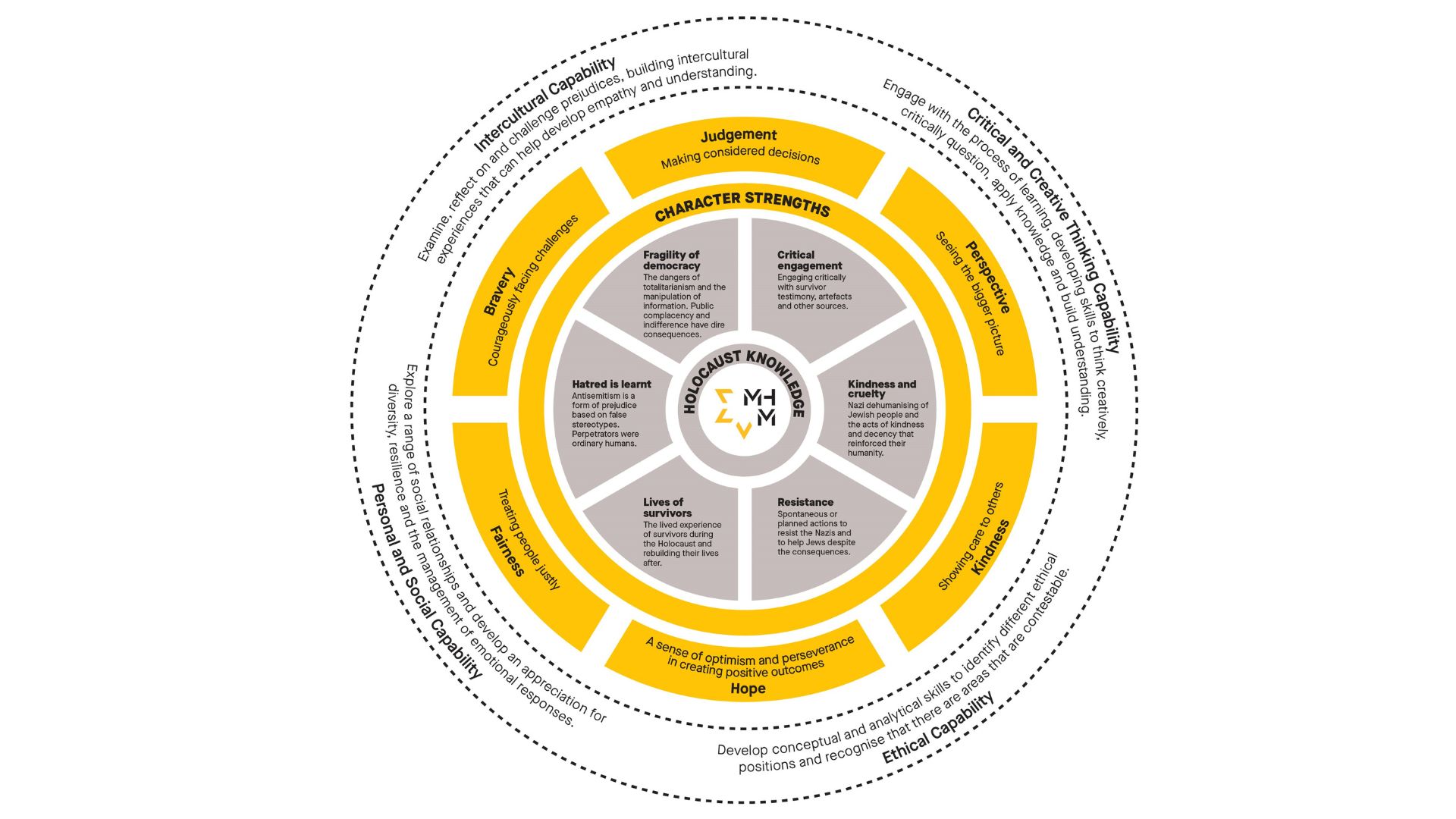The Hidden program is designed as an introduction to the Holocaust for students aged 10 to 14. At the heart of this program, is the experiences of seven children that survived the Holocaust in hiding. Their stories allow students to hear first-hand the survivor’s perseverance and bravery, along with the acts of kindness and courage of others, that helped to save their lives.
The experience includes testimonials, photos and artefacts that keep the child’s perspective in mind.
This program:
- Follows our ‘safely in, safely out, and safely throughout’ policy
- Ensures age-appropriate engagement with the Holocaust
- Is aligned to the Victorian curriculum
- Is delivered by expert Holocaust educators
- Is aligned to our Learning Framework
Program details
| Cost | $10.00 per student |
| Group size | 50 max |
| Duration | 2 hours |
| Sessions | Monday to Friday 10:00 am – 12:00 pm |
| Year levels | 5-8 |
| Enquiry | education@mhm.org.au or (03) 9528 1985 |
This program is supported by
Program structure
After an introduction from a museum educator, students receive a guided experience of the Hiding exhibition followed by an activity that explores the concept of choices.
Throughout the two-hour program, students will have ample opportunities for reflection and discussion.



